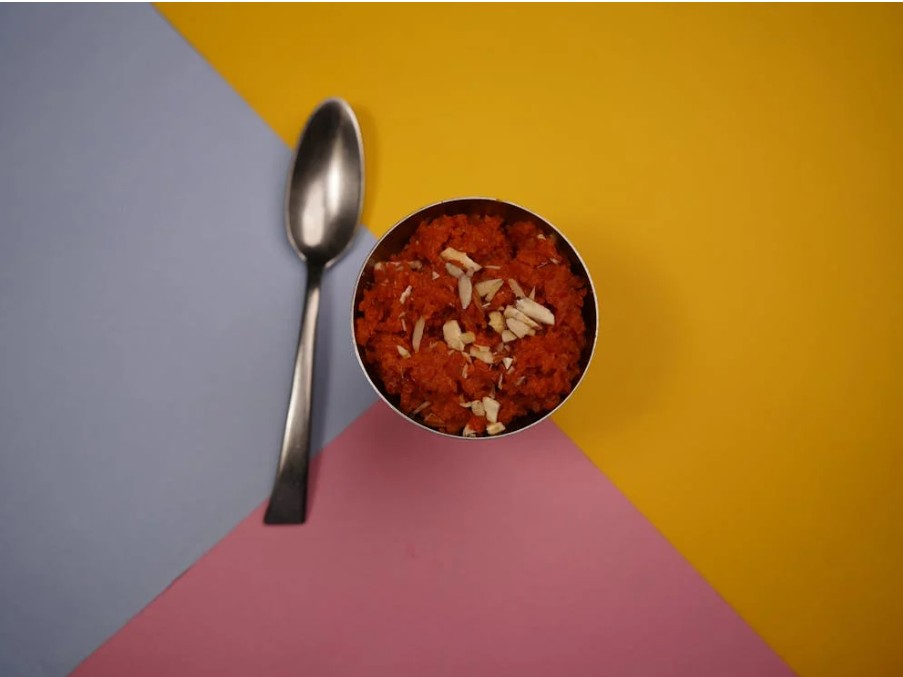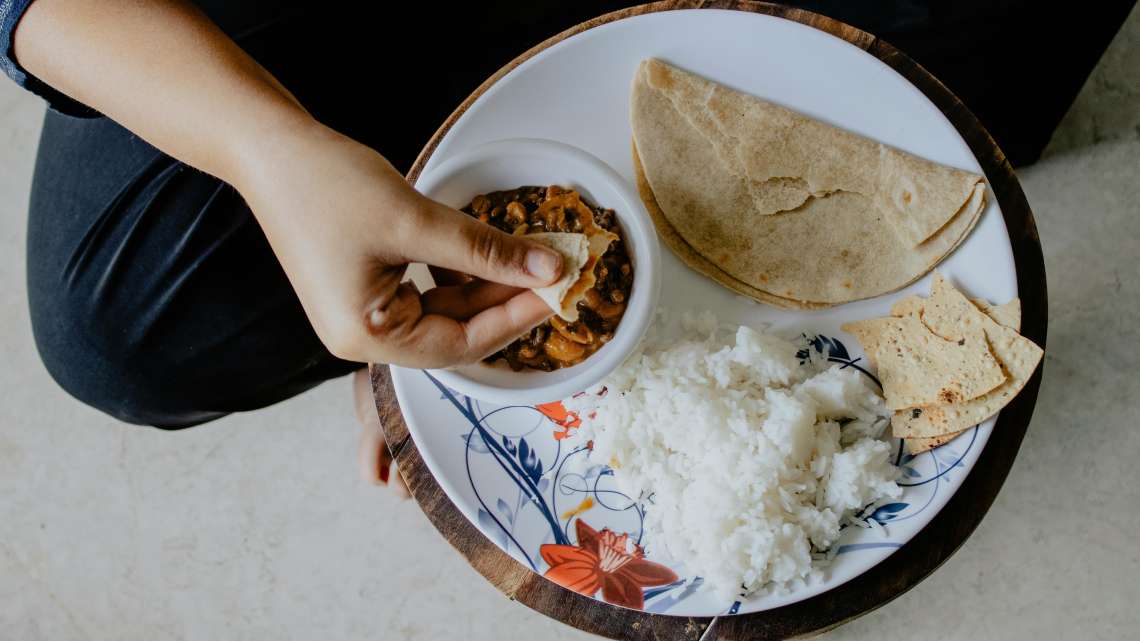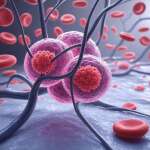This reduction in risk is particularly significant, as colorectal cancer is one of the most common cancers worldwide, and lifestyle factors like diet are known to play a major role in its development
Eating folate-rich leafy greens like spinach, broccoli, and cabbage may significantly reduce the risk of colorectal cancer, according to a recent study conducted by researchers at Imperial College London. Folate, a natural form of vitamin B9, has long been known for its health benefits, and the study reveals that increasing its intake through diet or supplements could lower the risk of colorectal cancer by up to 7%.
Folate, which is naturally found in various foods such as spinach, broccoli, cabbage, pulses like chickpeas and lentils, wholegrains, and citrus fruits like oranges, plays a vital role in many bodily functions, including cell growth and repair. It is also available in supplement form as folic acid.
Dr. Konstantinos Tsilidis, Reader in Cancer Epidemiology and Prevention at Imperial College London, explained the findings: “When it comes to bowel cancer, there are a number of things that people can do to reduce their risk, including eating a varied diet rich in wholegrains, vegetables, fruits, and beans. These findings from the study further support this advice.”
The research, published in The American Journal of Clinical Nutrition, is the largest of its kind, involving over 70,000 participants. The team analyzed genetic data to understand how folate, both from dietary sources and supplements, can influence the development of colorectal cancer. The study concluded that for every additional 260 micrograms of dietary folate consumed—about 65% of the daily recommended intake (400 micrograms)—the risk of developing colorectal cancer (including proximal colon, distal colon, and rectal cancer) was reduced by 7%.
This reduction in risk is particularly significant, as colorectal cancer is one of the most common cancers worldwide, and lifestyle factors like diet are known to play a major role in its development. The study also indicated that folate may influence cancer risk by interacting with specific genes, although further research is needed to pinpoint the exact genetic mechanisms involved.
While these findings suggest that increasing folate intake through diet could be an effective strategy for colorectal cancer prevention, the researchers caution that more studies are required to fully understand how folate affects cancer risk and the role genetics play in this process.
Overall, this study highlights the potential protective effects of folate-rich foods and supplements in reducing the risk of colorectal cancer, making it a simple yet effective dietary adjustment that could have significant health benefits.













